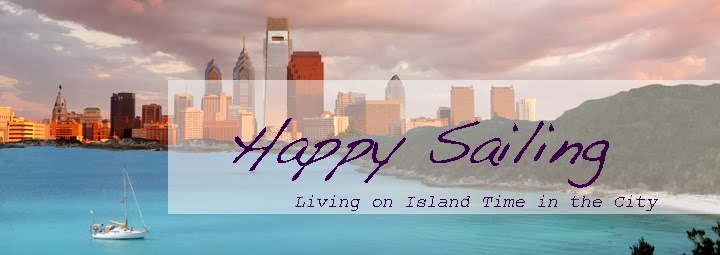Cooking is fun!
If you love food, like I do, then you probably also love to cook. But it's also a lot of work to cook from scratch and stay within a budget. Brainstorming menus, going grocery shopping, unpacking the food at home, cooking dinner, serving, eating, cleaning up afterwards. Usually enjoy doing almost all of these things, but that has changed. For the past six weeks or so, cooking has just been a chore. Hans is rarely ever home for dinner, or if he is home at dinnertime, he is eating breakfast and getting ready to go into work for an overnight shift while the girls and I are eating dinner. For the past six weeks, cooking hasn't been fun. It's been a chore, and one that I usually do with a toddler whining at my ankles for me to hold her.Cook with me
This isn't how it should be, and, after so many weeks of galley-slave drudgery, I'd forgotten how much I love being in the galley, preparing healthy, delicious food. Years ago, I read Barbara Kingsolver's collection of essays, Small Wonder. It is her response to September 11. In one essay she talks about food and that discussion has been a foundation of my relationship with food. Instead of viewing cooking dinner as one more task to be completed at the end of an already busy day, cooking dinner can be a communal, familial activity. Instead of playing board games for family bonding, cook together!Hans and I have always liked to cook together. He is more of a perfectionist and will
 | |||
| The galley. It's a good-sized space for a boat, but tiny for land lubbers. | There is space for one person in that square bordered by the fridge, sink, and stove. |
I've always invited Freja and Matilda into the galley with me - to add a cup of flour or stir the muffin batter. It's always messier and, no, they don't always eat the kale chips or zucchini fritters just because they participated in the cooking, but I love laying the groundwork for them to have healthy relationships with food, cooking, and eating.
But they're not the same as having another adult in the kitchen - another food lover and cook. I didn't realize how much I missed this until last Tuesday. Hans had a day off and it poured rain all day. So we cooked. He baked bread, I marinated chicken, he added steam to his bread to make that thick crust, I pressure-cooked the chicken. Then we ate. And, because we have two little ones, the meal only lasted for its usual ten minutes, but that didn't matter because it was so much more than the eating.
 |
| evidence of a good meal: clean plates, even the kid plates! |









